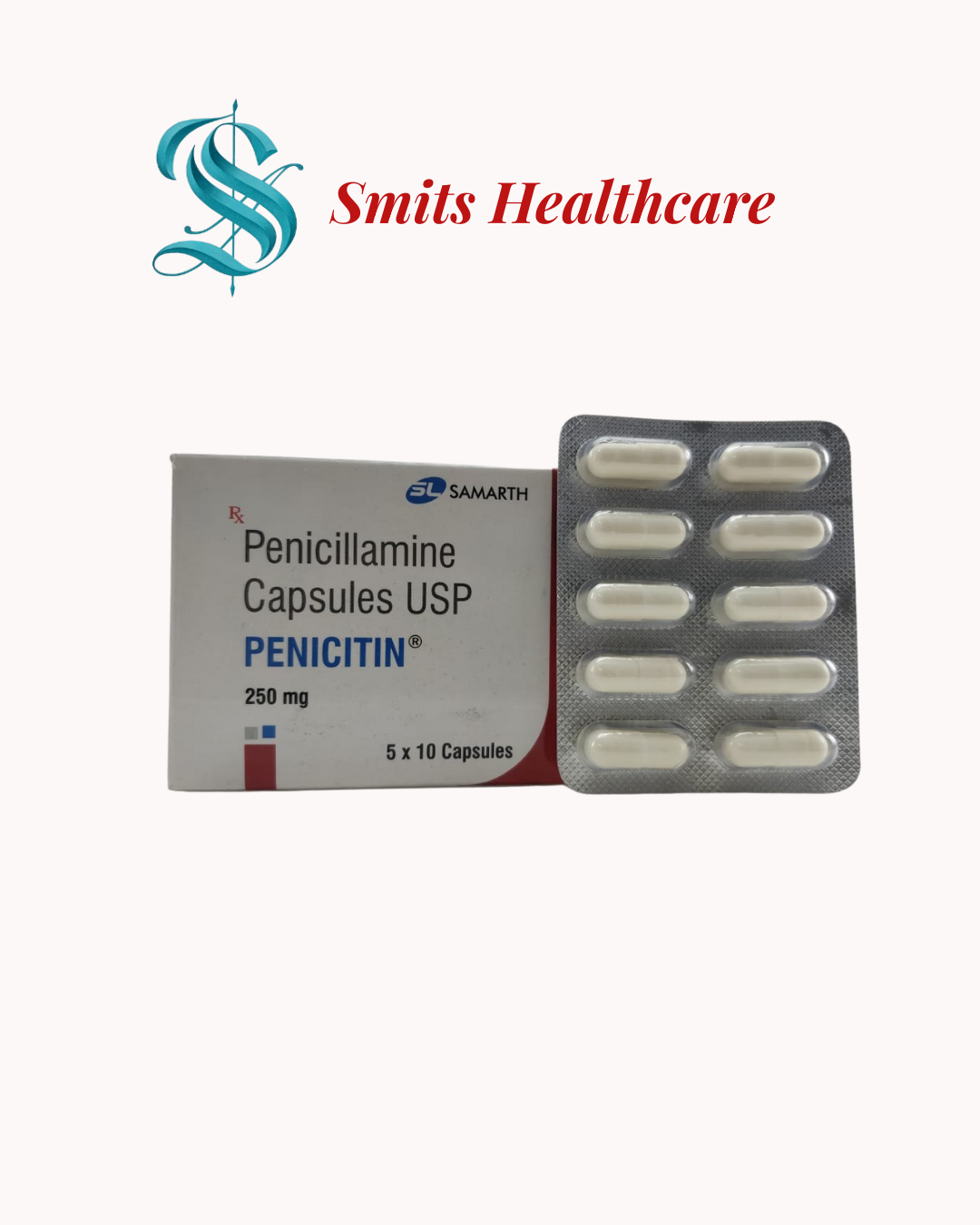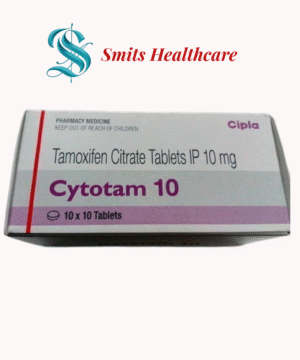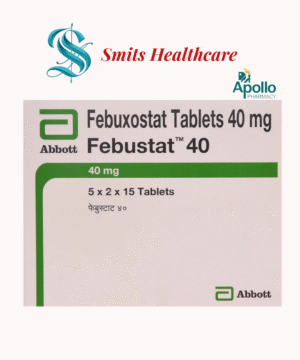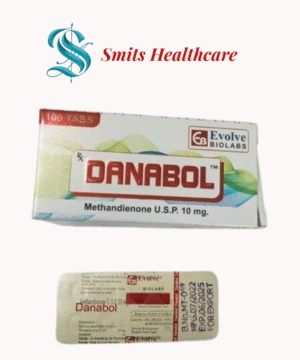Penicitin contains Penicillamine, a medication used to treat conditions involving excess copper or certain autoimmune diseases. It is commonly prescribed for Wilson’s disease, rheumatoid arthritis, and sometimes cystinuria (to prevent kidney stones).
Mechanism of action:
Penicillamine works by:
-
Binding to excess copper in the body and helping eliminate it through urine (useful in Wilson’s disease)
-
Modulating the immune system to reduce inflammation in autoimmune disorders like rheumatoid arthritis
-
Reducing cystine levels in urine to prevent cystine kidney stones
Uses:
-
Wilson’s disease (to reduce copper buildup in the liver and other organs)
-
Rheumatoid arthritis (to reduce joint inflammation and slow disease progression)
-
Cystinuria (to prevent formation of kidney stones)
Adverse effects:
Common side effects include nausea, vomiting, loss of appetite, rash, and metallic taste. Serious but rare effects may include bone marrow suppression, kidney problems, liver toxicity, or severe allergic reactions. Regular blood tests are required during treatment to monitor for side effects.





